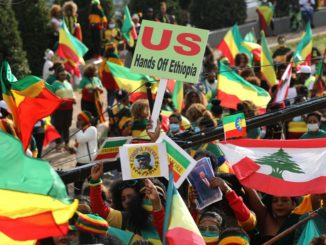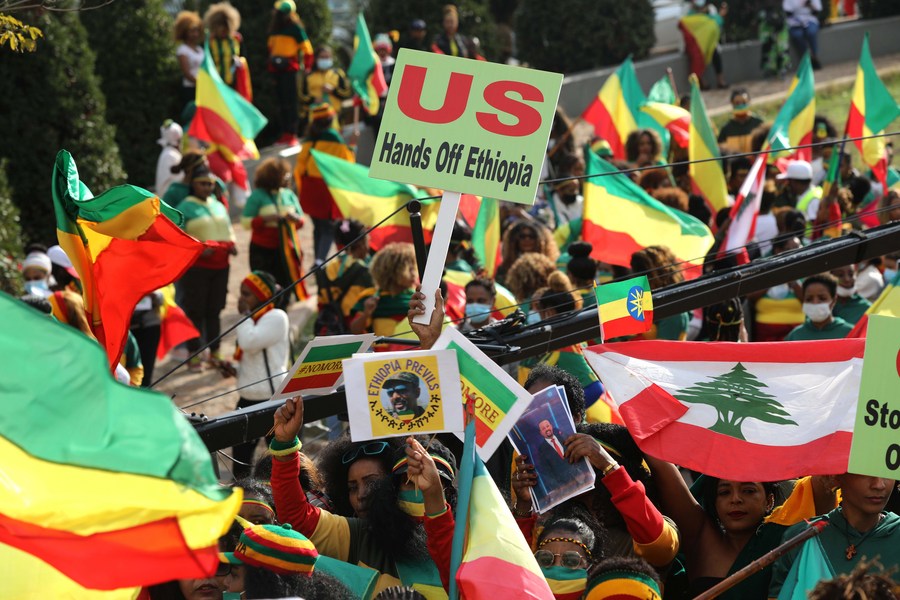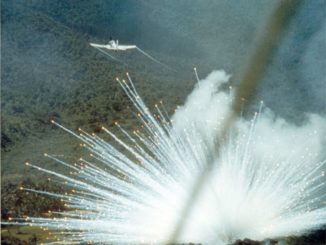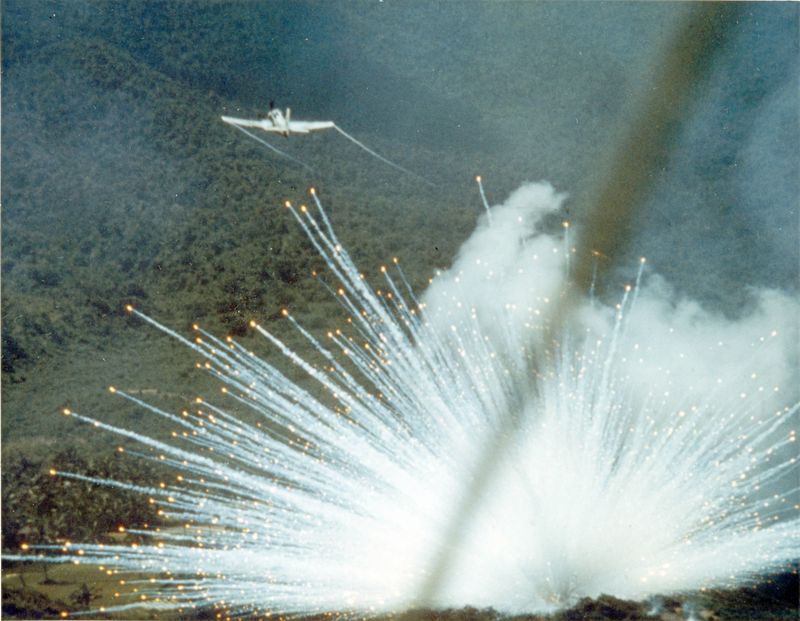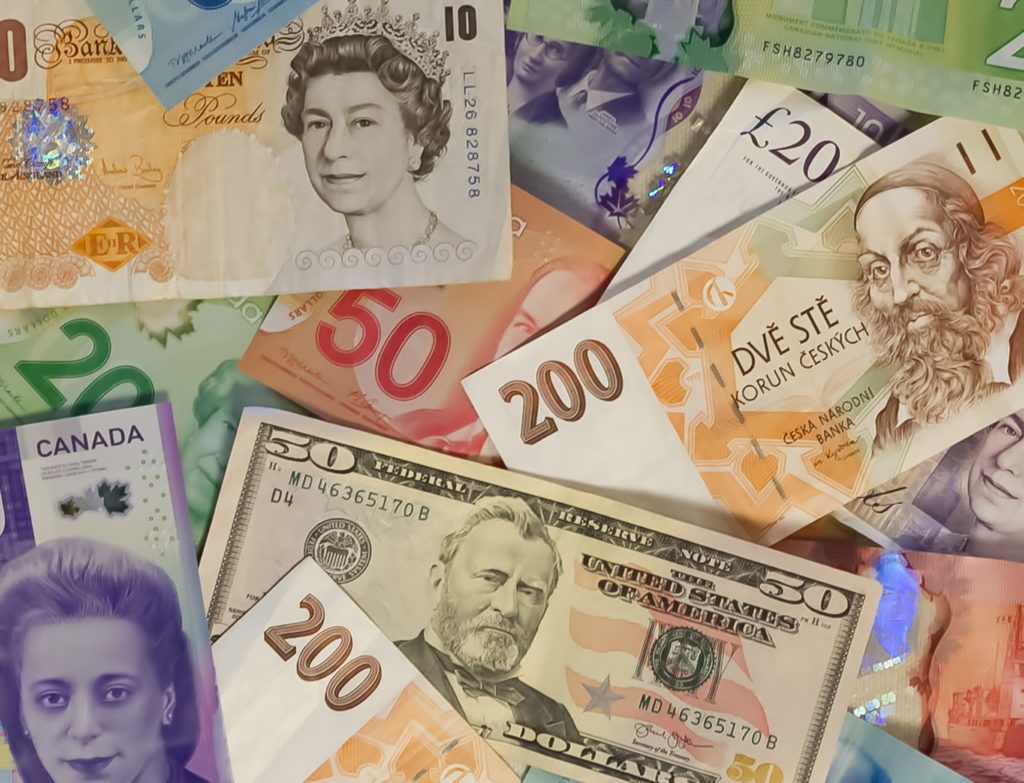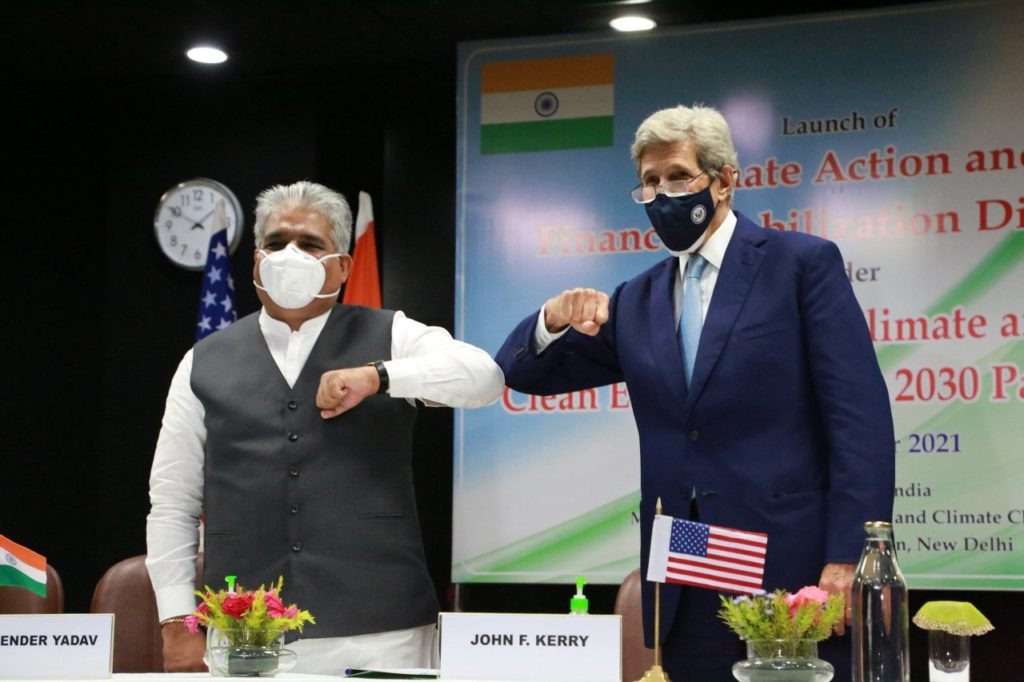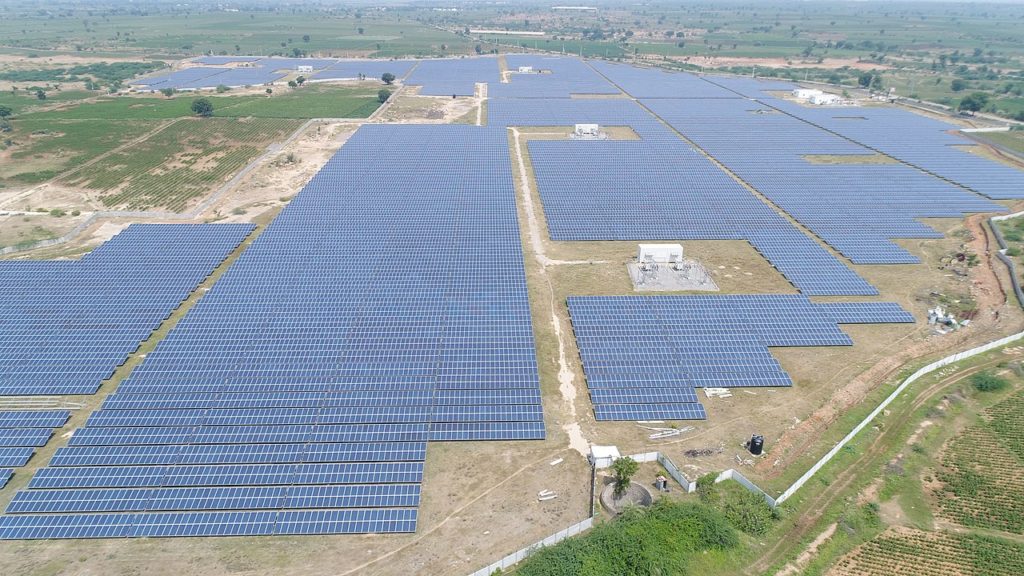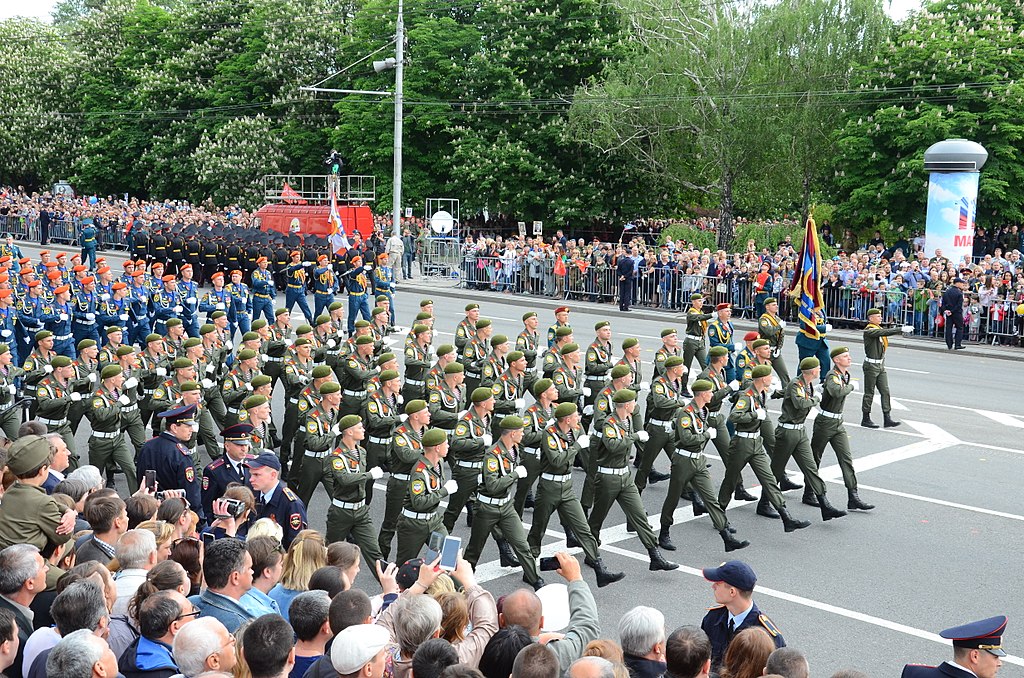
Editor’s Note: The following is the writer’s analysis.
While Russia and the United States continue to act as geopolitical rivals during what is now dubbed the “new Cold War,” they often agree to deals on political crises and conflicts around the globe.
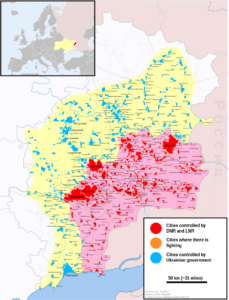
Recently, the two countries discussed the Donbass War between two Moscow-backed self-proclaimed republics—the Donetsk People’s Republic and the Luhansk People’s Republic in Ukraine’s Donbass region—and the Washington-sponsored Ukraine. But will that finally end the bloodshed that erupted in the energy-rich region of eastern Ukraine after more than 89 percent of voters in the Donbass voted in May 2014 for independence from Kiev?
Every conflict has its epilogue around the negotiating table. In 2015, the self-proclaimed Donbass republics, as well as Ukraine, Russia and European mediators signed the Minsk Agreement, which effectively ended offensive military operations in the war-torn region. But it did not end the war itself. To this day, sporadic shelling and gunfire remain part of everyday life for the local population.
On October 13, Ukrainian Armed Forces captured Andrey Kosyak, the officer of the Luhansk People’s Republic Office at the Joint Center for Control and Coordination. Kosyak is one of about 600,000 Donbass residents who hold Russian citizenship in a region of 2.5 million people. In response to the arrest, local activists blocked the Organization for Security and Co-operation in Europe (OSCE)’s headquarters in Donetsk, demanding Kosyak’s release. The mission then suspended its operations in the Donbass. The Kremlin’s reaction to this incident appeared weak. It took a week for the Russian foreign ministry to demand Ukraine grant access to the Russian citizen. Kiev, backed by the West since the neo-Nazi rampage the Obama-Biden administration fueled, is unlikely to rush to allow Russian diplomats to meet with the captured officer. That means the Kremlin has no option. However, former Russian President Dmitry Medvedev wrote on October 11, “Russia knows how to wait. We are patient people.”
Indeed, endless waiting along with a few weak actions seem to be the Russian strategy. After the Ukrainian Army on October 26 captured the village of Staromaryevka in the Donbass, Russia did not take any steps to defend its proxies in the region. More importantly, Ukraine has destroyed the artillery of pro-Russian forces in its first combat deployment of the Turkish-made Bayraktar drones, and the Kremlin’s reaction was yet again soft. Even though Kiev confirmed its army has used the sophisticated weapon, Russian Foreign Minister Sergey Lavrov said, “It is very hard to figure out what is true and what is false.” It is not a secret Ukraine purchased Bayraktar drones from Turkey after the unmanned combat aerial vehicle proved to be a game changer in the 44-day war in Nagorno-Karabakh between Azerbaijan and Armenia.
Given the Kremlin hesitates to engage in a direct military confrontation with Ukraine, Kiev is expected to continue its limited military operations in the Donbass, quite aware Moscow will turn a blind eye to Ukrainian actions. Russia is still waiting for Ukraine to implement the Minsk agreements and grant the Donbass a special self-governing status after it holds elections under Ukrainian legislation. In return, the Russian-backed Donetsk People’s Republic and Luhansk’s People’s Republic would allow Ukraine to reinstate full control over its border with Russia. Neither side, however, seems determined to implement the deal.
From the Ukrainian perspective, a special self-governing status for both Donbass region republics would mean a second Crimea has been created. Another pro-Russia entity potentially creates obstacles in Ukrainian political life, which has been heavily linked with the West since late 2013’s Euromaidan. From the Russian perspective, returning the Donbass region to Kiev’s control would mean Moscow has de facto betrayed its proxies in the region and has lost control over the Donbass coal mines at the time when coal prices in the global market have hit a record high.
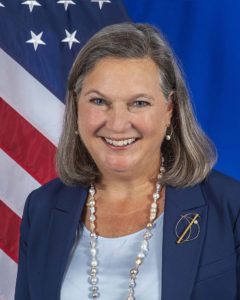
Still, the Kremlin has appeared to have signaled it is ready to compromise over the energy-rich region. On October 11, U.S. Under Secretary of State Victoria Nuland met in Moscow with Dmitry Kozak, who serves as Russian President Vladimir Putin’s deputy chief of staff. According to reports, the two officials had a “productive discussion about the full implementation of the Minsk Agreements and the restoration of peace, stability, and Ukrainian sovereignty in the Donbass.” That Nuland, who was on Russia’s sanctions list, was allowed to visit the Russian capital is a sign Washington has the upper hand in its relations with Moscow. The Kremlin had lifted targeted sanctions on the U.S. diplomat in exchange for a lift in U.S. sanctions on a few Russian officials and foreign-policy experts. As the U.S. dollar still controls transactions throughout the world, U.S. sanctions have had devastating consequences for 39 countries. Plus, the United States had requested Nuland’s visit to Russia. In other words, Russia had to make a concession to the United States. Moreover, Russian Foreign Minister Sergey Lavrov stressed his country would not object to U.S. participation in talks on the Donbass if Washington supports the Minsk Agreement.
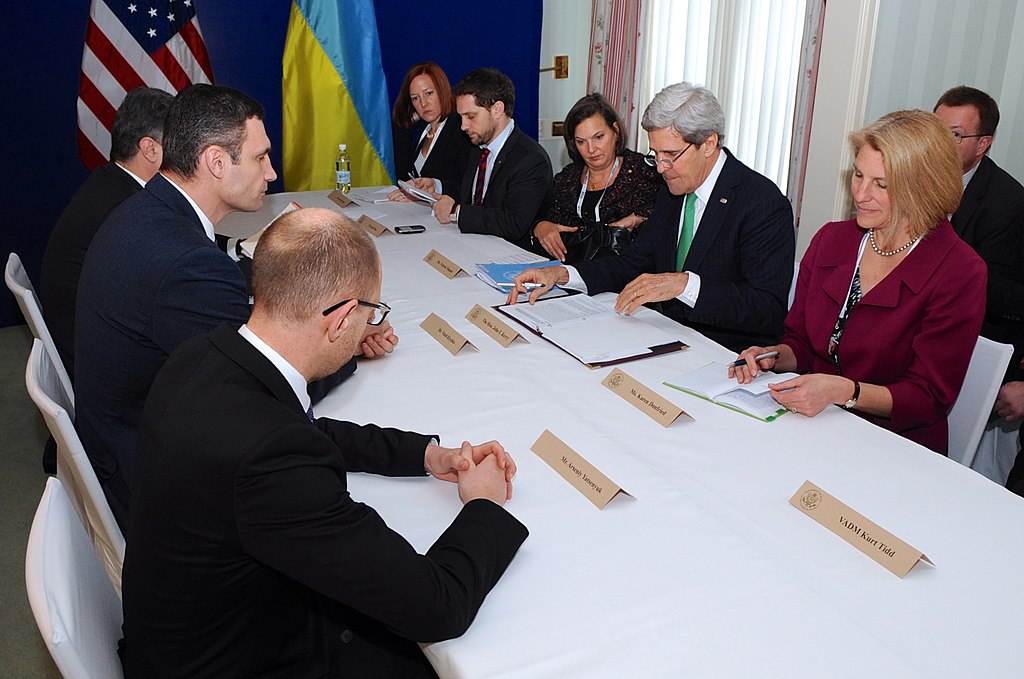
Given Washington is the major foreign actor operating in Ukraine, any peace process that excludes the United States is unlikely to have major success. So far, Moscow and Kiev have been attempting to resolve the Donbass conflict through Normandy-format talks that have included Russia, Ukraine, Germany and France. But no progress has been made. Lavrov recently suggested inviting the United States to these talks, but Germany reportedly refused the Kremlin’s proposal, which means warfare in the Donbass likely will continue for the foreseeable future.
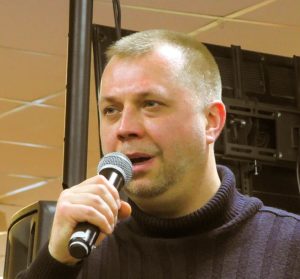
This means the region will be stuck in a state that can be described as neither war nor peace, although forces on both sides will try to change the status quo. Alexander Borodai, who was prime minister of the self-proclaimed Donetsk People’s Republic in 2014 and is now a member of the Russian Parliament, said Russia should abolish the border with the Donbass republics. However, customs points between the republics already have been abolished and both entities have been integrated into the Russian economy. As Borodai pointed out, the Donbass already is a de facto part of Russia. However, unless the conflict in the region escalates into a large-scale confrontation, the Kremlin unlikely will incorporate the coal-rich territory into the Russian Federation.
Ukraine, for its part, is not expected to start any significant military operations until it gets the green light from Washington. On October 18, during U.S. Defense Secretary Lloyd Austin’s visit to Kiev, a fresh allotment of U.S.-made arms and other military equipment was delivered, part of a $60 million package the Biden administration had approved.
Since 2014, the United States has committed more than $2.5 billion to support Ukraine’s forces so that they can preserve their country’s territorial integrity and secure its borders and territorial waters. pic.twitter.com/MqKupUaQSo
— Secretary of Defense Lloyd J. Austin III (@SecDef) October 19, 2021
According to Austin, the United States has committed more than $2.5 billion since 2014 to support Ukraine’s Armed Forces, and Turkish defense company Baykar is expected to build a maintenance and modernization center for Bayraktar drones in Ukraine, which means the former Soviet republic is seriously preparing for a potential war against Russia.
At this point, a major escalation of the Donbass conflict does not seem probable. But, in the long term, such an option will almost certainly be on the table.
Nikola Mikovic is a Serbia-based contributor to CGTN, Global Comment, Byline Times, Informed Comment, and World Geostrategic Insights, among other publications. He is a geopolitical analyst for KJ Reports and Enquire.

